The following are events and organizations that I have been a part of that directly relate to educating the public and scientific community about my personal research as well as about marine science/ecology in general.
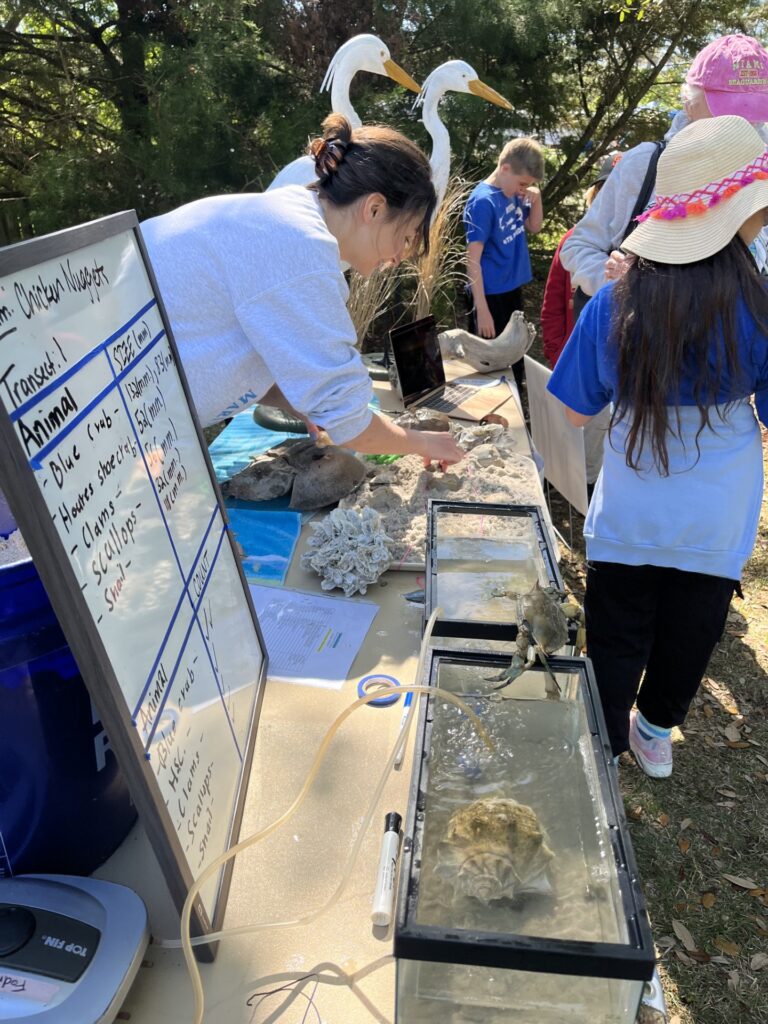
NC Living Shoreline Research Sub-Committee: Since Fall 2023, I have been invited to participate and provide research updates to NC’s Living Shoreline Steering Committee’s Research Sub-Committee. The committee is hosted every few months at NC’s Coastal Federation Newport Office and hosts academic researchers, coastal engineers, state employees, park workers, living shoreline material developers, NGOs, etc. The purpose of the committee is to educate the public and legislators, conduct research, construct, and monitor living shorelines in the state. My role in the research sub-committee is to provide updates on my living shorelines-related research and provide insights on permitting and construction as a result of the data I collect.
Cedar Bluff Middle School STEAM Night: My old middle school in Knoxville, TN reached out to me asking for a video describing what I do as a PhD student in coastal science to show to students and their families at their annual STEAM night. Check out the video here!
Carteret Community College Marine Science Camp: I have worked alongside our local community college here in Morehead City to bring ~70 local middle schoolers to the Institute of Marine Sciences summer 2024. By organizing different team leads and helping plan marine science-related activities at the lab, the community college and I hoped to give insights to students as to what working in academia and conducting research at a university would look like in their hometown. So far, students have learned about hypothesis-testing and have helped conduct seagrass surveys, deployed artificial seagrass units for experiments, and help process sediment cores.
Core Sound Museum Marine Camp: I met up with the Harker’s Island Core Sound Museum Marine Camp for an afternoon on Cape Lookout National Seashore June 2024 to chat with the middle schoolers about seagrass beds, marine animals inhabiting shallow-water habitats, and survey methods. We laid out a trawl net and brought live fish and invertebrate brought in that morning using the trawl through seagrass. We also had juvenile horseshoe crabs from a nearby sand flat, and the kids got to practice cast netting from shore.
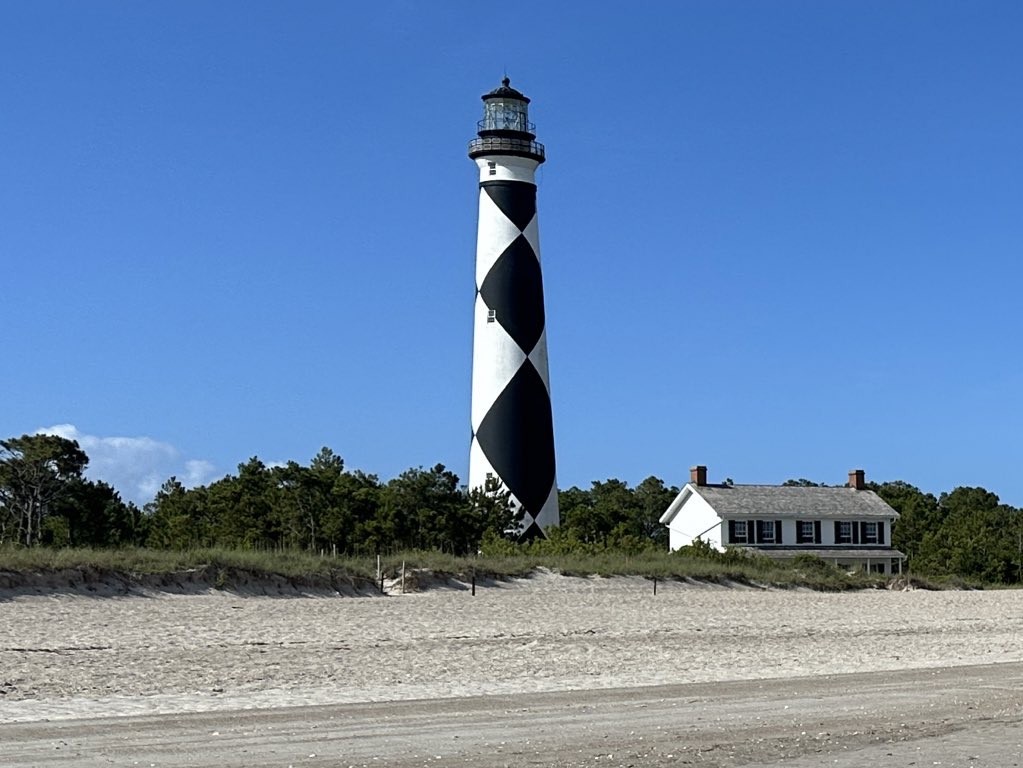
Core Sound Museum Earth Day: Over 2 days, I alongside another lab member personally taught over 200 K-12 students at an interactive booth about intertidal diversity and food webs. We brought live hermit crabs, juvenile horseshoe crabs, and whelks for the students to see. We also had a mini-intertidal sand flat that students were then able to set-up a transect in and survey using the same methods we use in the field. They filled out a data sheet as a group as students took turns surveying and identifying intertidal invertebrates.
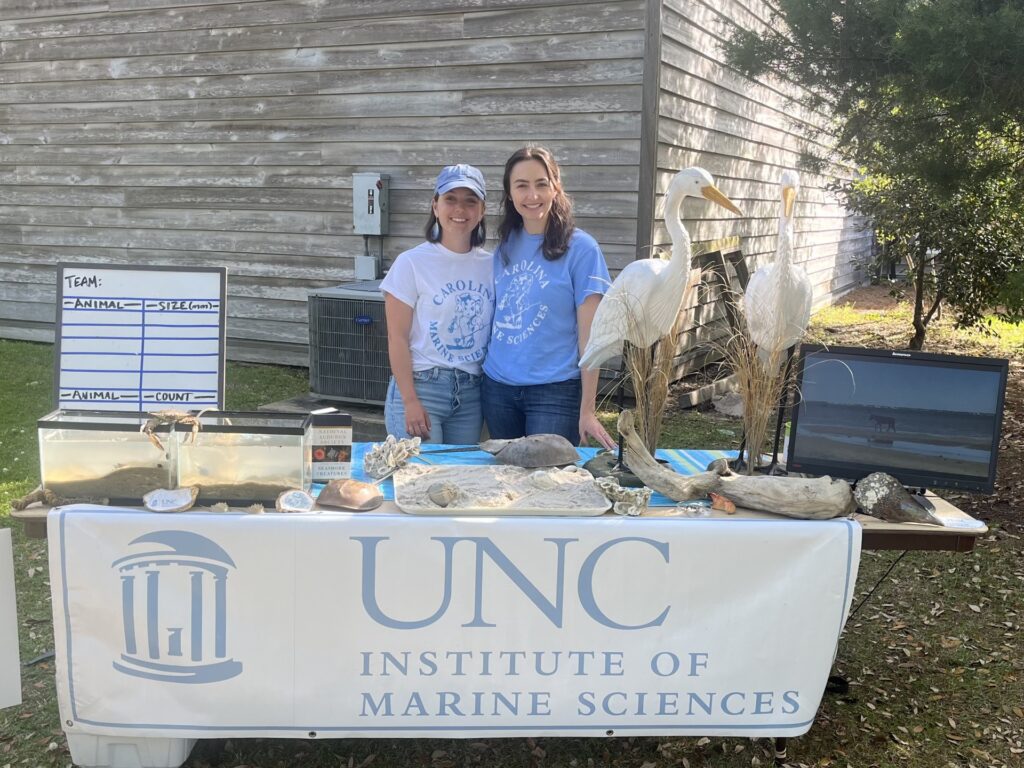
Chatham County Library’s Annual Earth Day Speaker: Earth Day 2023 involved me getting to speaker to the general public at the Chatham County Library about the different ecoregions of NC, the biodiversity in these areas, and the problems facing NC wildlife.
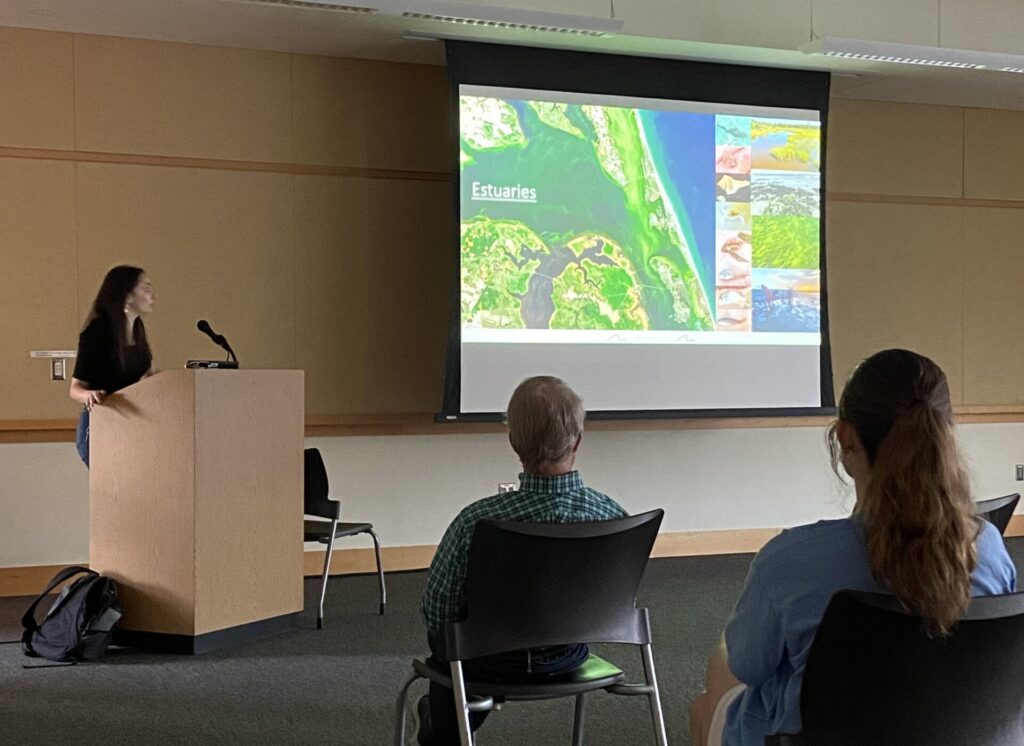
Interview with Elisa Raffa from Queen City News/NC Climate Central: “Carnivores & Our Coast: Going back to the basics for ground-breaking research on horseshoe crabs”
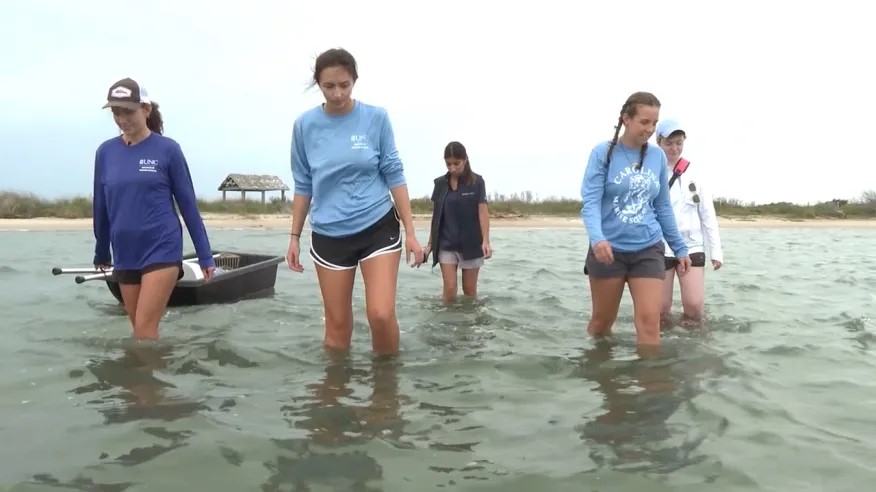
Pine Knoll Shores Aquarium in Pine Knoll Shores, NC: For over a year now, I have helped with education at touch pools with a focus on benthic invertebrates as well as other habitat education around the aquarium. Aquarium visitors not only learned what animals like whelks, horseshoe crabs, hermit crabs, anemones, and more were but also why they are integral to NC’s ecosystems and economy. They also learned negative impacts on these creatures and ways they can help.